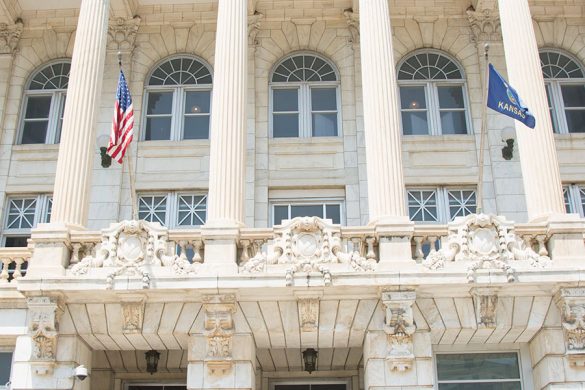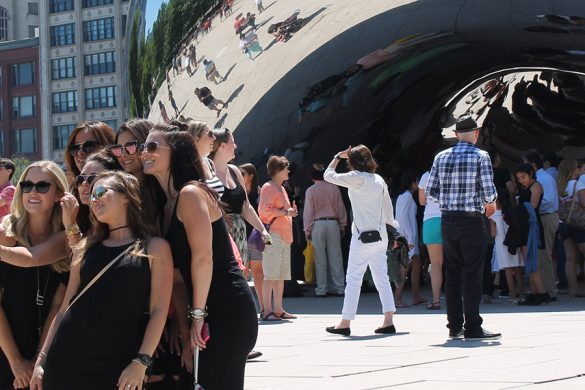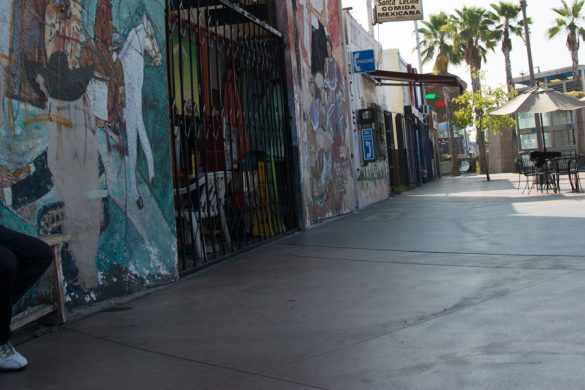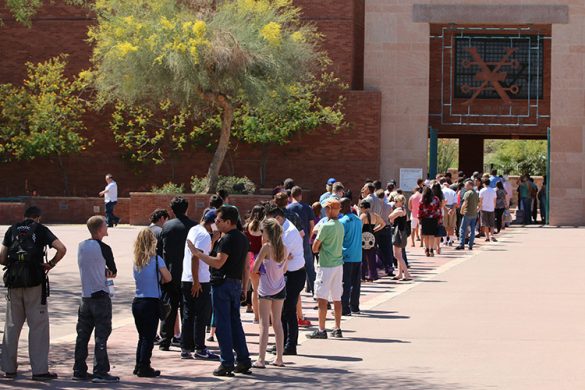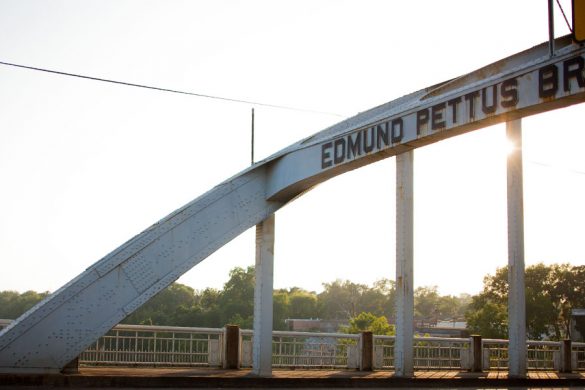PHOENIX – A new report by a coalition of civil rights and activists groups suggested that new voter laws enacted by several states may negatively affect minority voters and could “play critical roles in deciding the outcomes” of the 2016 election.
The report, released in June by the Leadership Conference Education Fund, highlights what it calls voter suppression activities since the Shelby County v. Holder ruling three years ago.
The U.S. Supreme Court decision ended requirements in the Voting Rights Act that had forced several states and jurisdictions to get preclearance from the U.S. Department of Justice before enacting certain voting regulations.
Chief Justice John Roberts wrote the Supreme Court’s majority opinion. While saying the Voting Rights Act was initially “enacted to address entrenched racial discrimination in voting,” he went on to say that times have changed and “history did not end in 1965.”
The coalition’s report examines activities in states once covered by Section 5 of the Voting Rights Act and that are competitive in 2016 contests.
The report, “Warning Signs: The Potential Impact of Shelby County v. Holder on the 2016 General Election,” highlights five states: North Carolina, Florida, Virginia, Arizona and Georgia.
“Voters who were once protected by Section 5 of the Voting Rights Act have been subjected to racial discrimination at every juncture of the electoral process,” according to the report.
The report described North Carolina as “one of the nation’s leaders in suppressing voters, passing a wide-ranging omnibus voter suppression law in the aftermath of Shelby, alongside a host of local polling place closures in black neighborhoods, redistricting efforts and other local changes.”
The ACLU and Southern Coalition for Social Justice sued North Carolina, saying that the law affects persons of color disproportionately.
“It’s going to take more to motivate black voters,” said Brenda Howerton, Durham County’s vice chairwoman. “It’s not just East Durham, it’s all over. It’s the country. We need to be out there ready to vote, taking people to the polls and making sure that everyone votes.”
Durham, North Carolina, has a 40 percent black population, and areas like East Durham have a high concentration of black residents.
Before the Shelby County ruling, 40 counties in North Carolina “fell under section 5 preclearance,” according to the report.
“If the community rallies around certain neighborhoods, they can help change things,” said Pat Mcghee, 64, a longtime Durham resident. “I used to work in this neighborhood years ago, and I know sometimes there may be some disparities. Our old neighborhood is dying, (there’s) not a lot of growth there anymore.”
The report also says that Virginia has enacted “restrictive voter ID law, restrictions on community-based registration drives and overly aggressive purges of immigrant voters.” It went on to say the changes could “make the difference” in a state where polling had shown presumptive Republican nominee Donald Trump and presumptive Democratic nominee Hillary Clinton were tied.
Civil rights groups and black lawmakers have fought against new voter laws, redistricting plans and changes to precinct locations across the country.
Alabama is one of the 19 states with photo identification laws, while 14 others accept other forms of identification.
“The problem with that picture ID is that it is a subterfuge to keep the voting down,” said Mo Erkins, the Barbour County, Alabama, NAACP president. “Prior to that (ID law), all someone needed was their light bill or garbage bill to show up and vote. What we are doing is trying to educate.”
Georgia has made efforts to make voting “harder by introducing cuts to early voting, closing polling places, and, in at least two cases, moving the early voting locations into police stations,” according to the report. It also claims that Georgia is “currently involved in battles over alleged purges of African-American voters from voter rolls and attempts to impose proof of citizenship requirements similar to those in Arizona.”
The Leadership Conference Education Fund collaborated with the American Civil Liberties Union, Asian Americans Advancing Justice, Brennan Center for Justice and other groups to produce the report.

